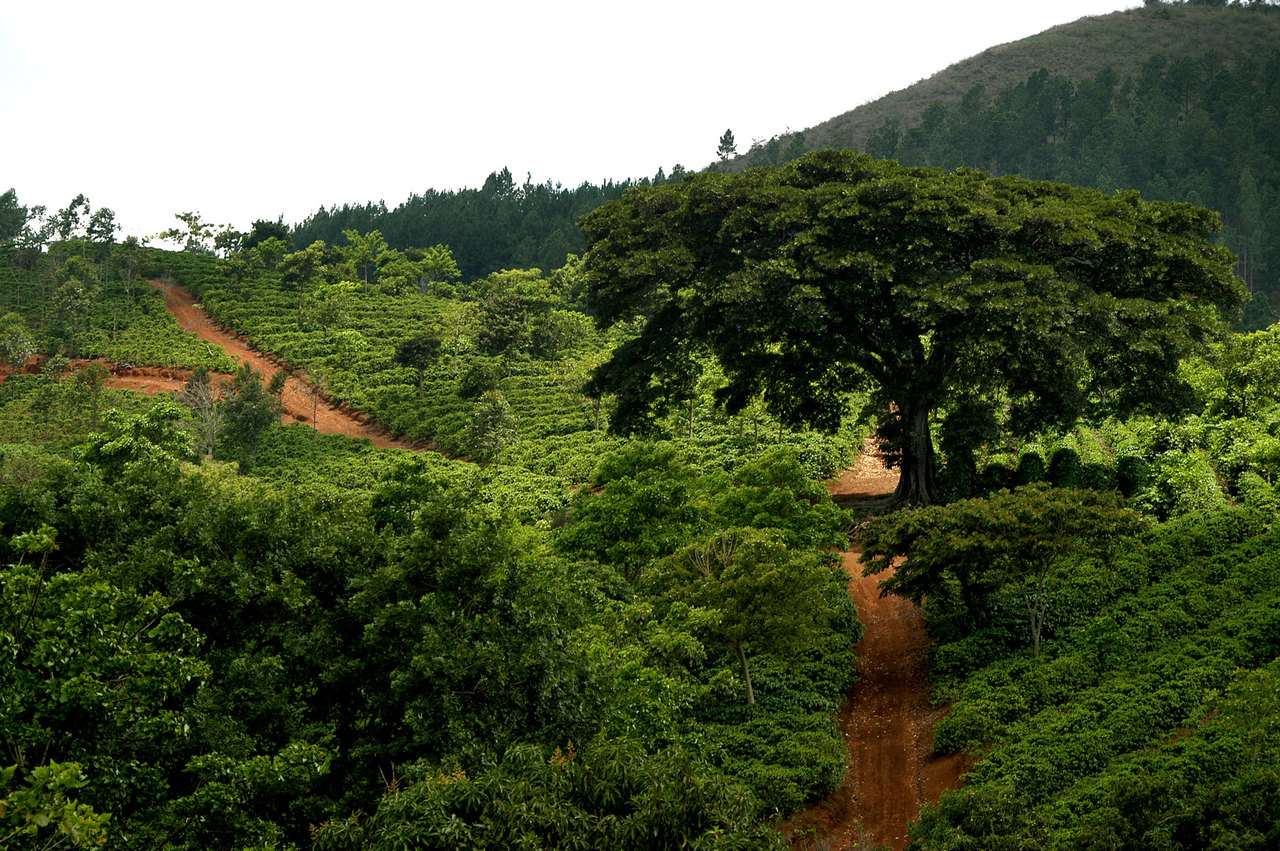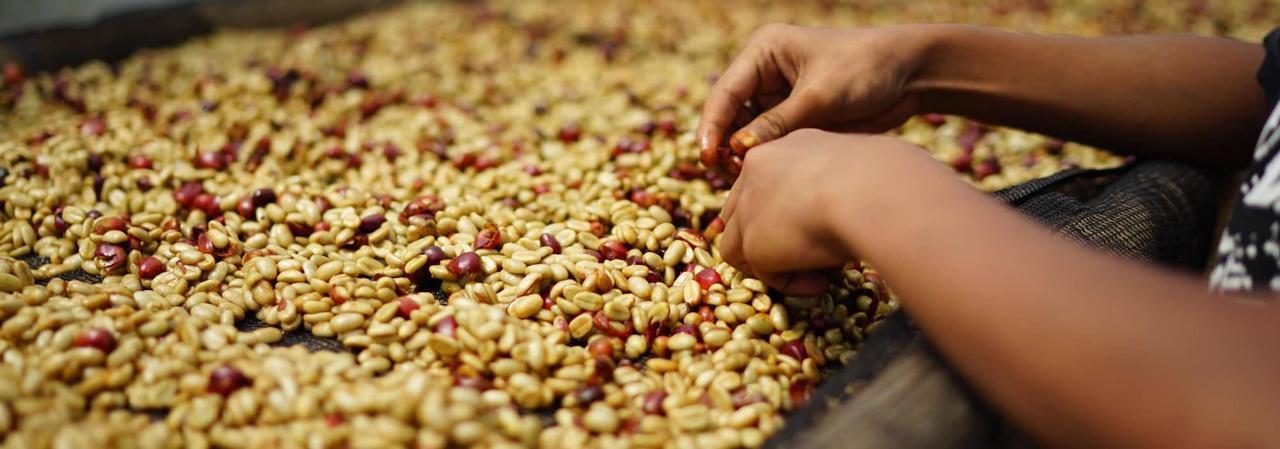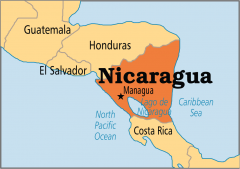The award-winning record of Yelsa processing Plant in Costa Rica introduces the classification basis of honey-treated coffee.
For professional baristas, please follow the coffee workshop (Wechat official account cafe_style)
Costa Rica is an exemplary producer of fine coffee and micro-batches of coffee. More than a decade ago, many coffee farmers began to set up their own micro-processing plants; by constantly improving the quality of their coffee beans year by year and keeping them different from ordinary commercial beans, they can get better prices and provide more excellent raw coffee beans in the market.

Yelsa treatment plant is a standard medium-sized processing plant in Costa rica. it is not only a model of local treatment plant, but also a model of international listing. In 2007, it received a high rating of Cup of Excellence (CoE) 91.37. in 2010, it was famous for its good results of the second runner-up in 2010. in August, September and October of the same year, Coffee Review scored 92 points for three consecutive months in 2011. The Canadian Coffee Masters Championship won the championship with 651 points and represented the country in the Vienna World Series the following year. In 2012, Coffee Review scored another 91 points for this batch of raw coffee beans, which once again proved the extraordinary value of raw coffee beans produced by the Yelsa processing plant.

According to the proportion of retained pectin, the classification of honey treatment can be divided into:
White Honey honey retains 20% pectin.
Yellow Honey yellow honey retains 50% pectin.
Red Honey red honey basically retains all pectin.
Black Honey black honey basically retains all pectin and dries at a slightly higher temperature at low altitude. It is covered with slight fermentation in the first 24 hours, and then the drying process is transferred to an African drying bed for drying.
Taste analysis: floral aroma, apple, maple sugar, roasted almonds
Important Notice :
前街咖啡 FrontStreet Coffee has moved to new addredd:
FrontStreet Coffee Address: 315,Donghua East Road,GuangZhou
Tel:020 38364473
- Prev

Nicaragua Mierui Family Limoncillo Lemontree Manor Yellow Pa Camara Coffee Introduction
Mierisch Nicaragua Mierisch family, since 1908 began to grow coffee, has been more than 100 years of history. In the past 15 years, the family has invested in coffee equipment, processing technology and personnel training, so that the flavor of the family coffee beans has grown greatly, and these changes come from the efforts of the whole family and the dedication of each member. Mierui
- Next

Kenya Embu Embu production area north of the only treatment plant-Kaishenggarili treatment plant Introduction
For professional barista exchanges, please pay attention to Coffee Workshop (Weixin Official Accounts cafe_style), an important coffee producing area located in the southeast slope of Kenya, Embu. The area is situated at an average altitude of 1650 meters, and nearly 70% of the population is small farmers, most of whom grow tea and coffee. The plant opened in 1966.
Related
- Detailed explanation of Jadeite planting Land in Panamanian Jadeite Manor introduction to the grading system of Jadeite competitive bidding, Red bid, Green bid and Rose Summer
- Story of Coffee planting in Brenka region of Costa Rica Stonehenge Manor anaerobic heavy honey treatment of flavor mouth
- What's on the barrel of Blue Mountain Coffee beans?
- Can American coffee also pull flowers? How to use hot American style to pull out a good-looking pattern?
- Can you make a cold extract with coffee beans? What is the right proportion for cold-extracted coffee formula?
- Indonesian PWN Gold Mandrine Coffee Origin Features Flavor How to Chong? Mandolin coffee is American.
- A brief introduction to the flavor characteristics of Brazilian yellow bourbon coffee beans
- What is the effect of different water quality on the flavor of cold-extracted coffee? What kind of water is best for brewing coffee?
- Why do you think of Rose Summer whenever you mention Panamanian coffee?
- Introduction to the characteristics of authentic blue mountain coffee bean producing areas? What is the CIB Coffee Authority in Jamaica?

